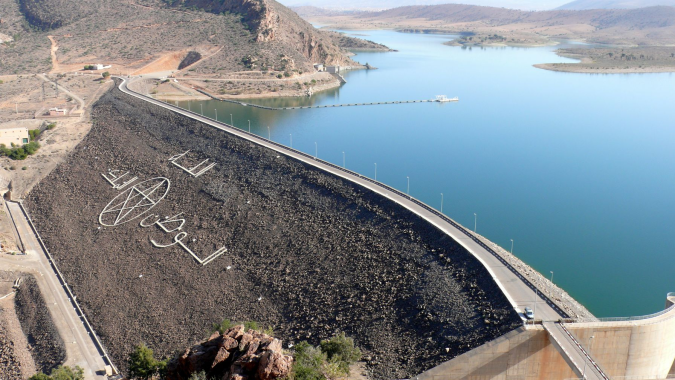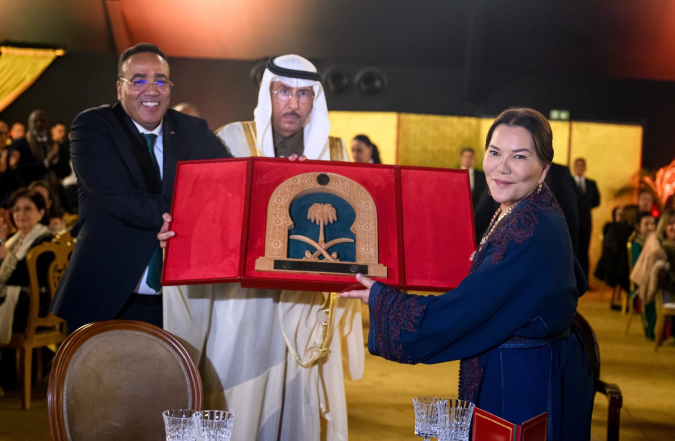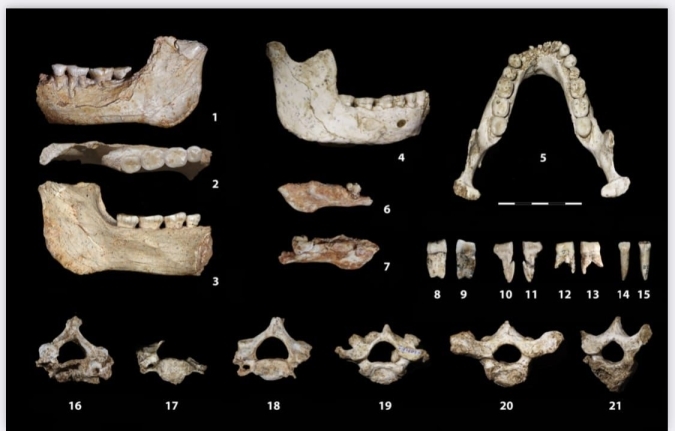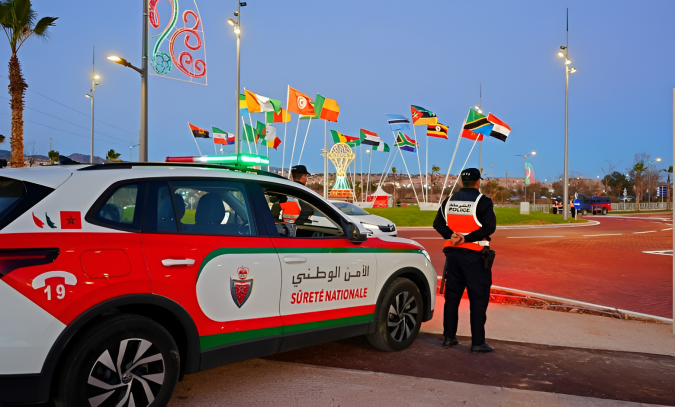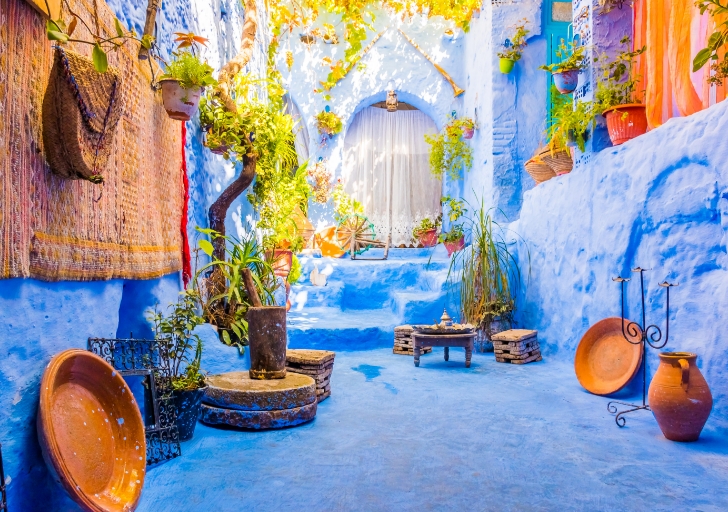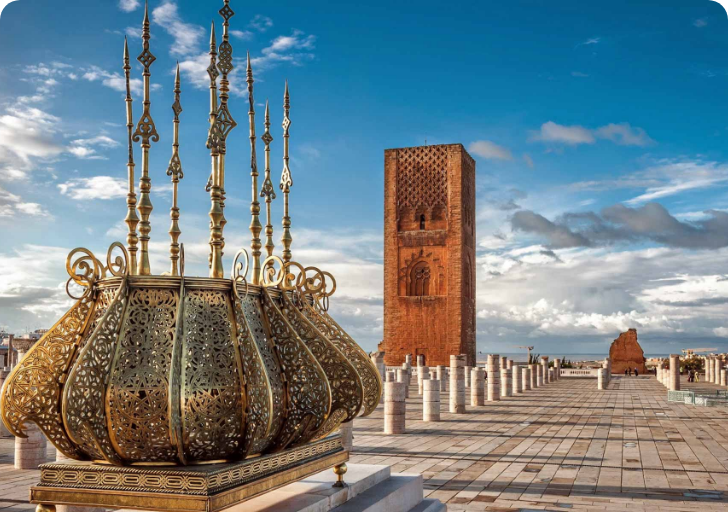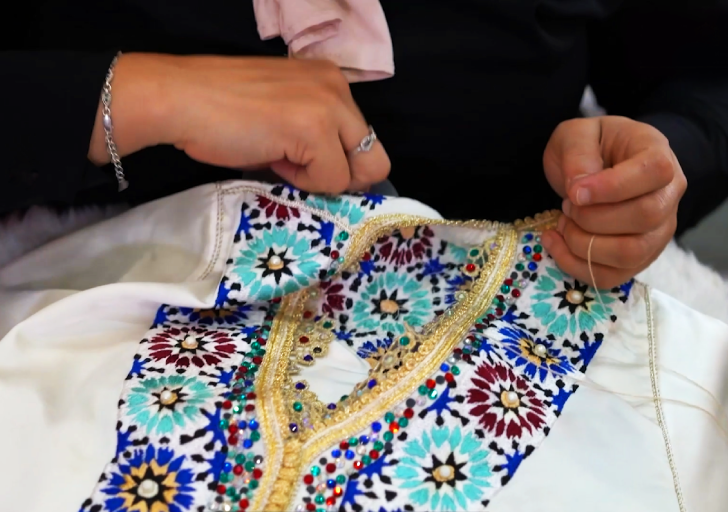
The Kingdom of Morocco’s pioneering experience in responding to the challenges posed by conflicts and their impact on sustainable development was highlighted on Sunday in Tashkent, Uzbekistan, as part of the 150th Inter-Parliamentary Union (IPU) Assembly.
“Our global approach, under the leadership of His Majesty King Mohammed VI, reflects an integrated strategic vision, which combines efficient diplomacy to comprehensive development,” Mustapha Raddad of the House of Representatives (National Rally of Independents) said during the IPU’s Standing Committee on Sustainable Development, dubbed “Parliamentary strategies to mitigate the long-lasting impact of conflicts, including armed conflicts, on sustainable development.”
In this respect, he underscored the Kingdom of Morocco’s active diplomatic role, which successfully and “tangibly” contributed to the resolution of several regional conflicts.
“Our efforts in Libya to mediate and promote peace in conflict zones in Africa were more than just diplomatic efforts, but an investment in a stable and prosperous future for the entire region,” he said.
Morocco also did not lose sight of the importance of construction and development as vital pillars for lasting peace, particularly in the brotherly African countries, the Moroccan parliamentarian stressed.
He also recalled the ambitious initiatives launched with a view of developing infrastructure in conflict-affected areas, involving the improvement of road and transport networks and the provision of basic services.
These initiatives “were not just material achievements, but a message of hope and solidarity with local communities,” Raddad stressed.
The Kingdom's strategy for dealing with the effects of conflict is rooted in its belief in the importance of investing in people, which is why it has placed education and capacity-building at the heart of its development policies, he said.
Morocco’s experience confirms that tackling the effects of conflicts requires a “comprehensive and integrated” approach, combining proactive diplomacy, comprehensive economic development and investment in human capital, he estimated.
The Kingdom’s experience is “not only a local model, but a call for international common action,” because today’s challenges transcend national borders and require united efforts at the international level.
During its meeting, the Standing Committee adopted a resolution aiming to bolster the role of parliaments in mitigating the negative impact of conflict on sustainable development, promoting peace and sustainability, and developing policies that foster reconstruction and development in conflict zones.
The resolution also underlines the shared responsibility of parliaments to safeguard the well-being of future generations, and aims to bridge the gaps between different stakeholders in order to achieve inclusive and sustainable development.
MAP: 06 avril 2025
